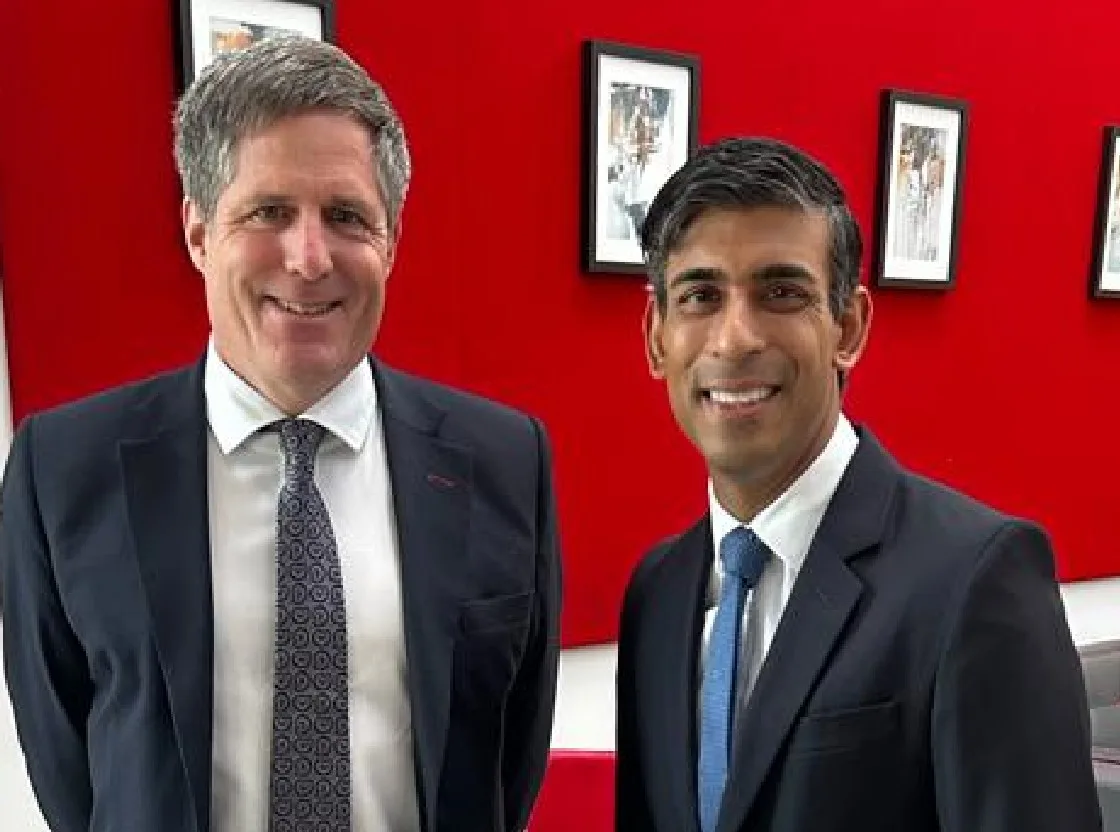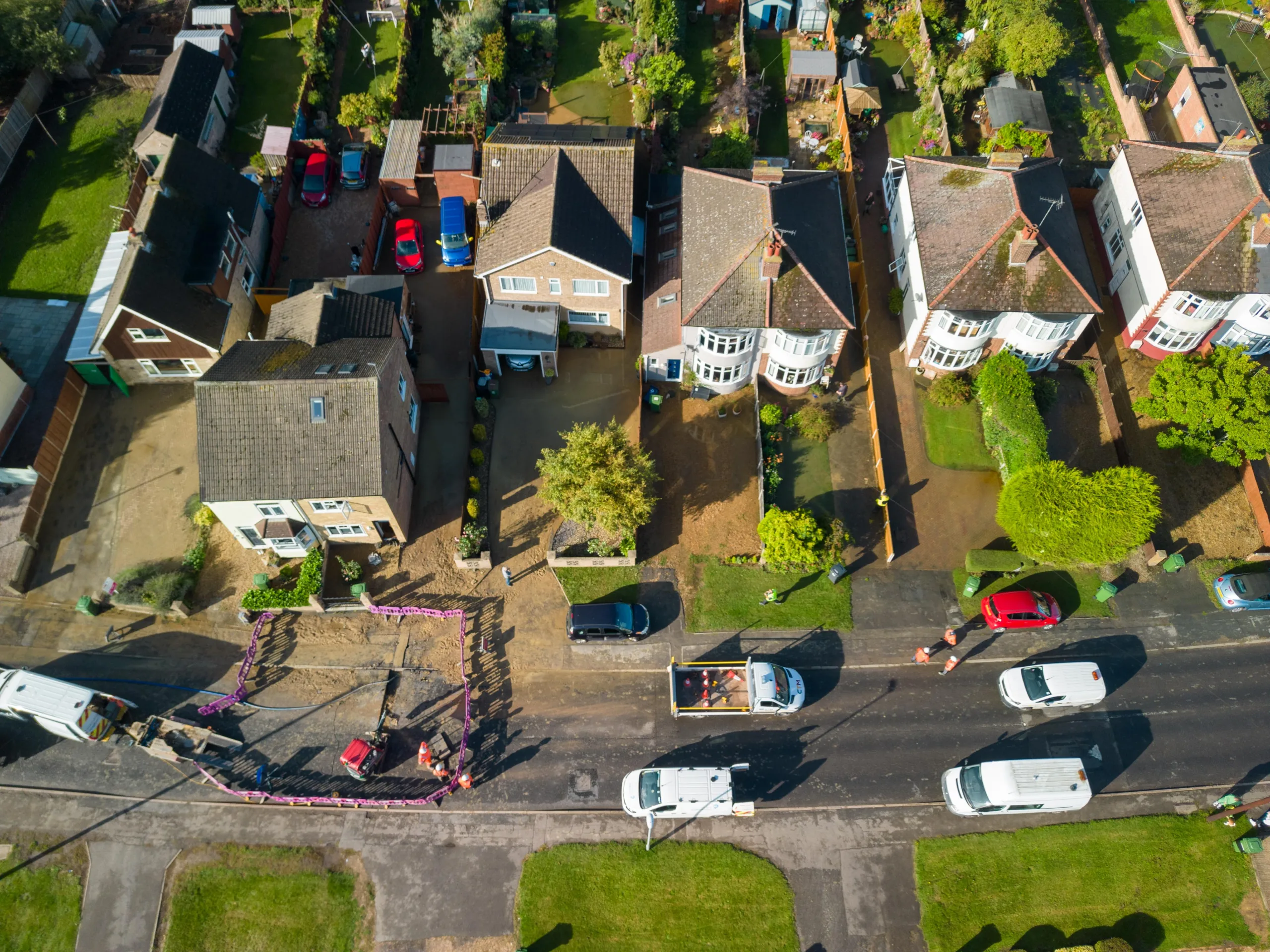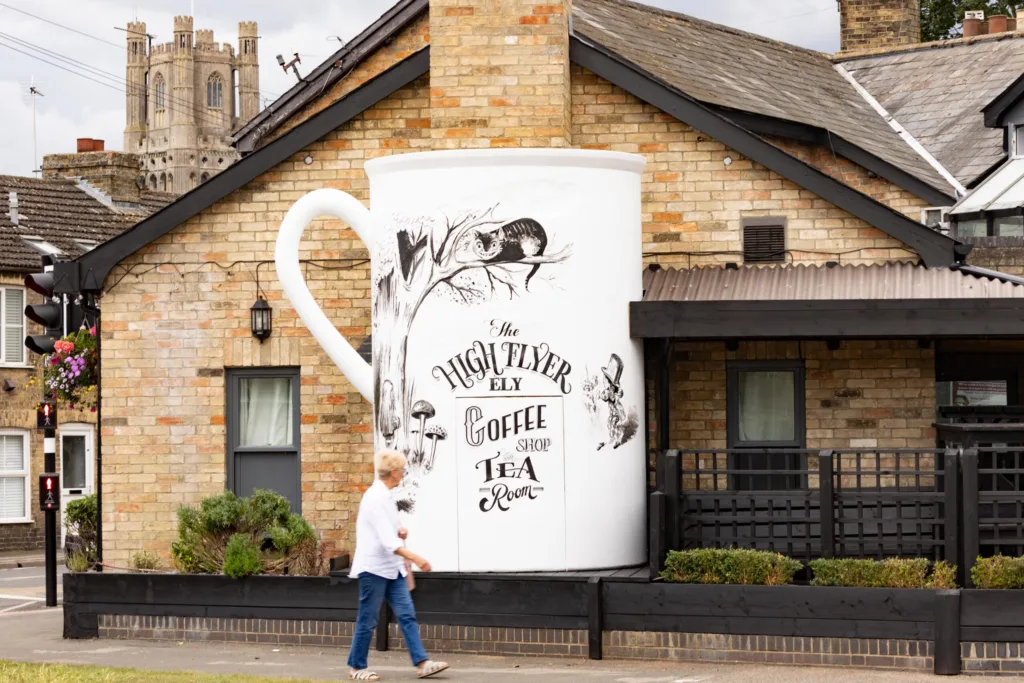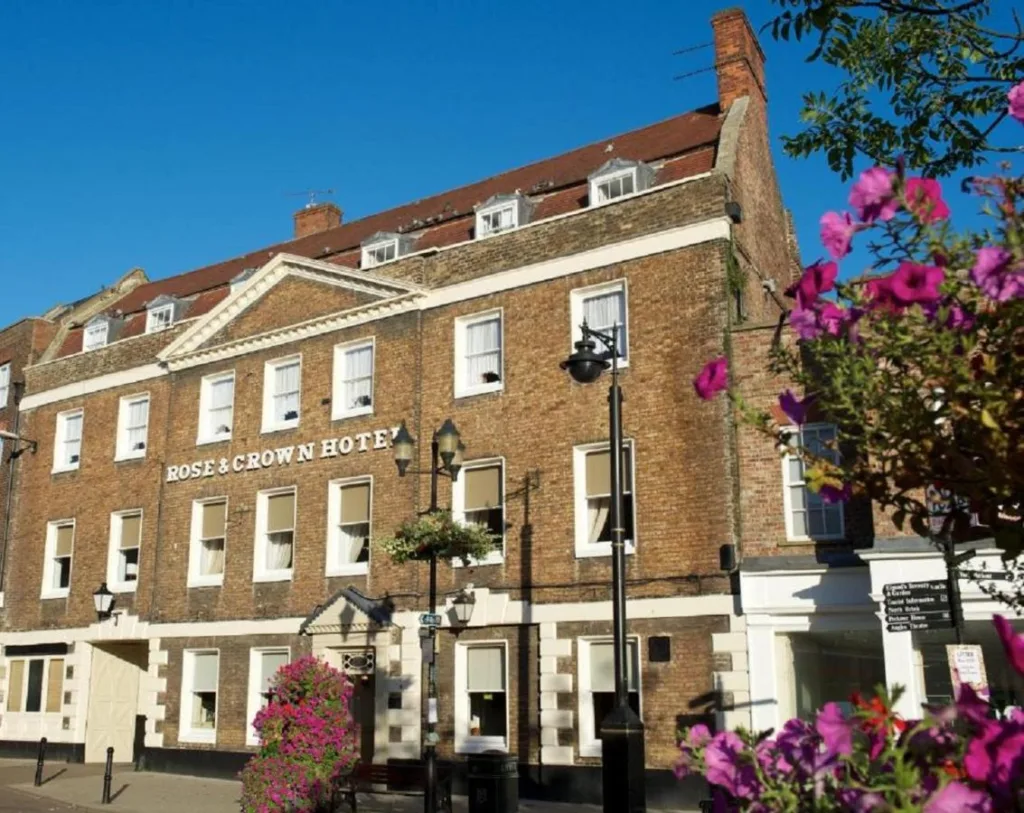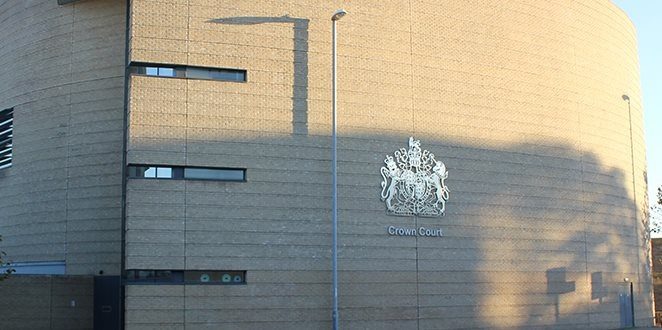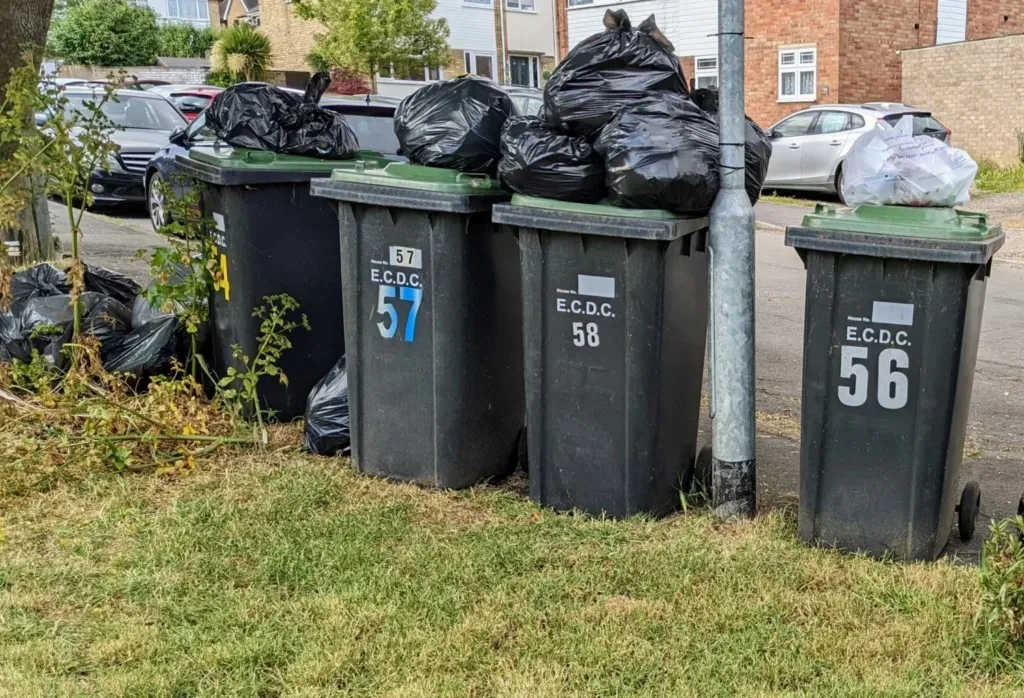Cambridgeshire County Council has agreed the next 20 villages and areas to have 20mph speed limits. It is good news for some but a disappointment for others.
Cambridge City, for instance, submitted six bids but not one was successful. There was similar bad news for Fenland where not one of the five schemes put forward won through for funding.
Huntingdonshire won 5 of their 22 submissions, whilst East Cambridgeshire can go ahead with three of the 10 schemes put forward. Ironically 12 of the successful villages to bid for funding are in South Cambridgeshire -whose Conservative MP Anthony Browne appeared on BBC Radio 4’s Today programme today to warn against the 20mph limit.
He told Today that there a trend was developing of “wanting to impose restrictions and penalties on motorists that are essentially punitive and not pragmatic, essentially ideological”.
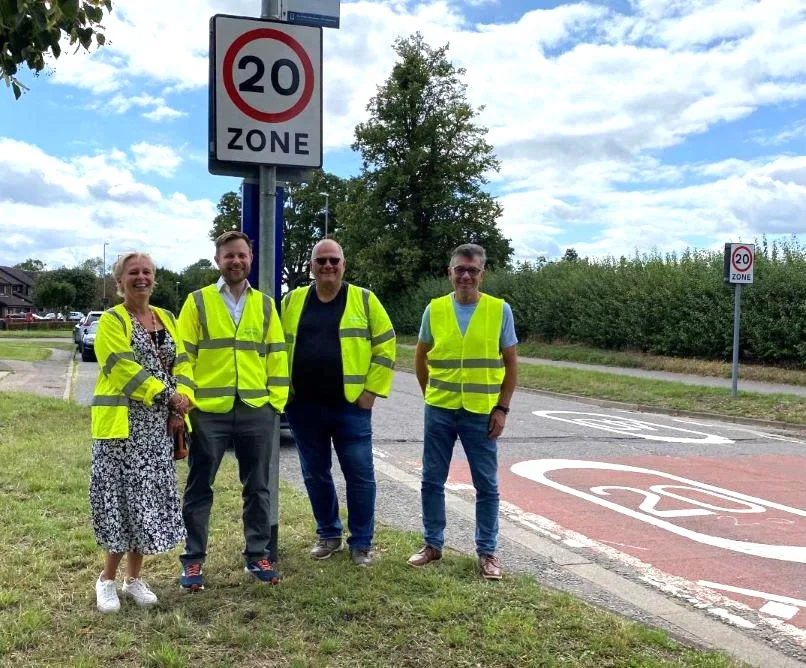
Mr Browne felt the restriction in Wales of 20mph in all built-up areas to be “punitive” for motorists.
Clearly many villagers in his constituency disagree. Whittlesford, Meldreth, Fowlmere, Cottenham and Great Abington – all in his constituency – have won a share of the £350,000 set aside by the county council to introduce the latest wave of 20mph limits.
Across South Cambridgeshire there were 45 applications, with 12 of them winning cash to introduce 20mph limits.
A report to next week’s highways and transport committee explains that the 20mph initiative provides the opportunity for local community groups, including parish and town councils to apply for funding to implement a 20mph speed limit within their respective area.
Community driven schemes for 20mph limits
“The schemes are community driven, giving local people influence over setting speed limits within their local area,” says the report.
Some schemes have already been introduced and the report says extra money was provided by Cambridgeshire and Peterborough Combined Authority.
In this year alone the council upped the amount it could spend from £150,000 to £350,000. The report says a cross party group has helped developed the funding scheme and in this, the first year, 88 applications were received countywide.
“Of these 20 have been prioritised for delivery,” says the report. “The process is popular and oversubscribed. “
Cllr Alex Beckett, chair of the highways and transport committee at Cambridgeshire County Council, said: “Speed kills. Studies have shown even a 1mph drop in speed reduces collisions by 6%. Reducing speed limits from 30mph to 20mph can cut pollution by 30% and reduce the chance of a severe or fatal injury in the event of a collision by a staggering 60%.
“This is why it’s important we continue to create more 20mph areas.”
A breakdown of applications per district shows:

Total number of applications
Huntingdonshire 22
Cambridge City 6
South Cambridgeshire 45
East Cambridgeshire 10
Fenland 5
Applications were scored and prioritised by officers. Scoring was undertaken initially individually, and then as a group using a 20mph prioritisation matrix previously approved by the committee.
Moderation sessions were then undertaken as a group before a final score for each application was given to ensure consistency.
Once the officer scoring and moderation sessions had been completed, the draft prioritised list was discussed further at a meeting of the cross-party 20mph MWG on 26th July 2023.
The officer scoring was scrutinised by members at this meeting prior to being provisionally agreed, subject to formal approval at next week’s committee meeting.
A breakdown of the prioritised 20mph projects per district area is as follows: District – Total number of successful vs total applications

Huntingdonshire 5 / 22
Cambridge City 0 / 6
South Cambridgeshire 12 / 45
East Cambridgeshire 3 / 10
Fenland 0 / 5
The reports says there be further opportunities for new applications to be made, and the intention is to reopen the application window early in 2024 for the 24/25 round. “This provides an opportunity for existing applicants to amend their applications based on officer scoring feedback, or changes locally, as well as for new applicants to come forward,” says the report.
“The schemes will be delivered sequentially as part of a rolling programme, which will go into the 24/25 budget year. This means that delivery will commence once the weather starts to improve following the winter period.”
The full list of successful 20mph schemes are:
Cottenham
Fulbourn
Whittlesford
Girton
Meldreth
Orwell
Gt Wilbraham
Willingham
Fowlmere
Upwood and The Raveleys
Oakington and Westwick
Gt Abington
Wicken
Elton
Linton
Houghton and Wyton
Burwell
Hilton
Gt Staughton
Harlton
Steve Cole, executive head of policy, campaigns, and public affairs at RoSPA, said: “RoSPA is deeply concerned by reports of Sunak’s plans to block councils imposing 20mph speed limits, particularly as only yesterday figures showed that motorist and pedestrian death rates in this country are still too high.
“Local practitioners and their communities know their roads far better than Westminster and should therefore have the powers to make decisions about local speed limits.”
FACT FILE
Overall, 13 areas have seen 20mph zones created and installed more quickly this year thanks to the council’s highways and transport committee agreeing to speed up the process and identifying funding. In addition to the £400,000 for this process (until 2025), a further £800,000 has been secured in partnership with the Cambridgeshire and Peterborough Combined Authority, for area-based schemes, across the county.
A 20mph limit is prioritised against the following criteria:
- evidence of traffic incidents or potential dangers within an existing 30/40mph zone
- vulnerable road users
- visible homes, shops, and businesses
- a school or a school route
- a cycling route
- an area that would benefit from more active travel such as cycling and walking.
Either a 20mph limit or a 20mph zone will be installed depending on the specific location. A 20mph limit typically covers individual or a small number of streets and requires signs only, whereas 20mph zones typically cover larger areas and require both signs and markings.
To find out more about 20mph schemes, and to submit an application, visit: https://www.cambridgeshire.gov.uk/20mph-funding
The council’s commitment to improving road safety was further demonstrated last October when it approved a motion to put a 20mph speed limit on any new residential roads being planned in Cambridgeshire.


